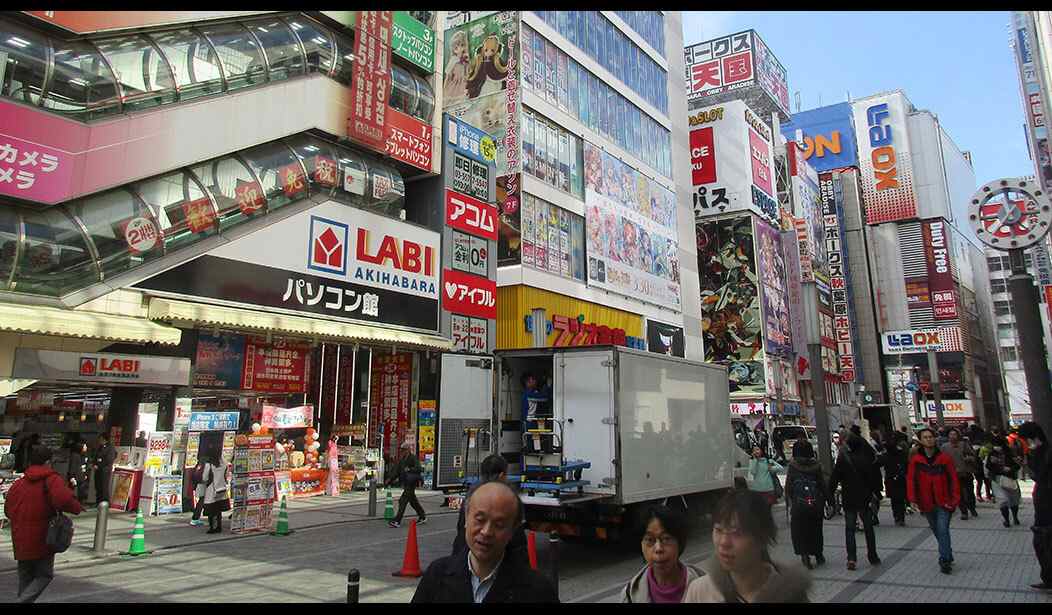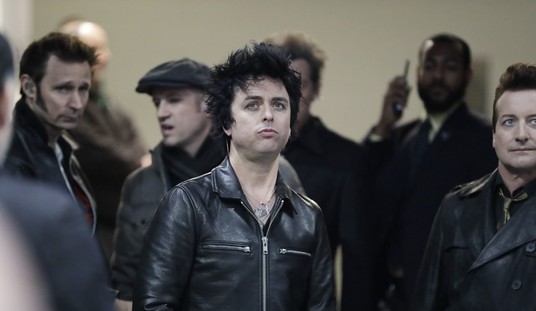When Robert F. Kennedy Jr. took to the stage to announce the suspension of his campaign and his support for former President Donald Trump, he spoke at length about how the United States used to be the healthiest nation on the planet. Part of the crisis in health Kennedy attributes to couch-potato lifestyles and overmedication, but he also spoke at length about American's diets, the reliance on processed foods, and how diet is fundamental to health.
Those are good points, as are his points about how incentives are all pointing the wrong way: the federal government subsidizes things that are bad for us. Personally, I'd just as soon see all subsidies end for everything, for constitutional reasons if nothing else, but if we're going to have subsidies, maybe we could at least not spend taxpayer dollars propping up things that are unhealthy.
One of the arguments you see most commonly bandied about in this discussion is that people can't afford to buy healthy foods and don't have time to prepare them. I think that's utter horse squeeze; things like bulk rice and beans, cabbage and root vegetables, and lean turkey are pretty cheap, and there are all sorts of ways to prepare them that don't take a lot of time. But if it's convenience and quality of food we want, we can have it, and there's already a model in place: Japan.
Whether you’re looking for a late-night snack or forgot your razor, you don’t have to worry in Japan. Japanese convenience stores (konbini, in Japanese) have got you covered.
These stores are usually open 24/7 and carry a variety of products. You can find sandwiches, bread, rice balls (onigiri), lunch boxes (bento), instant ramen, hot snacks, even fried chicken and oden. Several hot meals can be heated up in the store. This makes them great for travelers on the go.
You can also find a variety of drinks at Japanese convenience stores, including coffee (hot and iced), soda, tea, sports drinks, and more. Alcoholic beverages can also be found in some stores. The selection can vary with location and time of year.
Granted, there are plenty of greasy fried foods available in konbinis as well, but you can eat cheap and healthy if you want. I've spent a fair amount of time in Japan, starting in 2009 when I was in the Kansai region on a project for nine months. I've been back quite a few times since. My wife speaks and reads Japanese, and I know my way around Tokyo and Kyoto pretty well, having spent time in both of those cities. And while I love the restaurant scene in Japan, I've eaten my share of konbini meals. And, as many gaijin may not suspect, you can get a pretty good meal for 6-700 yen - sushi rolls if you like, or a slim lettuce and ham sandwich. Lawson's Station, a big Japanese konbini chain, has some amazing fried chicken. Now, the one dietary thing you have to watch is sodium, but you can work around that with a little bit of caution in examining labels.
See Related: WATCH: Kerry Kennedy's Trashing of Her Brother, Robert F. Kennedy Jr., Gets Even More Grotesque
RFK Jr. Notched a Major Court Win on the Censorship Front
We could do this here. There's no reason why not. Today, the changes may already be underway.
Typical drivers of sales at American convenience stores, such as cigarettes and gasoline, have started to decline or are projected to decline, leading (CEO Ryuichi) Isaka to seek a strategy that gives US 7-Elevens new life.
As Isaka told Bloomberg in February, that strategy is now all about getting "fresh food" on shelves. "We are in the process of building a system to supply fresh, high-quality products to stores," he said at the time.
Revamping the way Americans eat will be a major cultural shift. While there are rumblings that RFK Jr. may be taking a role in a future Trump administration in working to improve the health of the American people, and while it's sure that diet will be a part of that, this isn't something that will be done in one four-year term. This will involve a major cultural shift, a literal change in the way the American people think about food.
Maybe - just maybe - the proposed changes in American 7-11s may start such a trend. A preference cascade towards healthier eating, starting, in all places, at 7-11? Stranger things have happened. Solving the problems with America's health has to start somewhere. And if Donald Trump wins a second term, RFK Jr. wouldn't be the worst person to lead such an effort.
I've always loved Japan. I always will. I don't know that I could live there permanently; I'm too much a red state (and RedState) American for that. But I will keep going back, for fun if nothing else. And if we can start seeing a little bit of Japan in the form of better convenience store foods, well, that's an unmitigated good thing.














